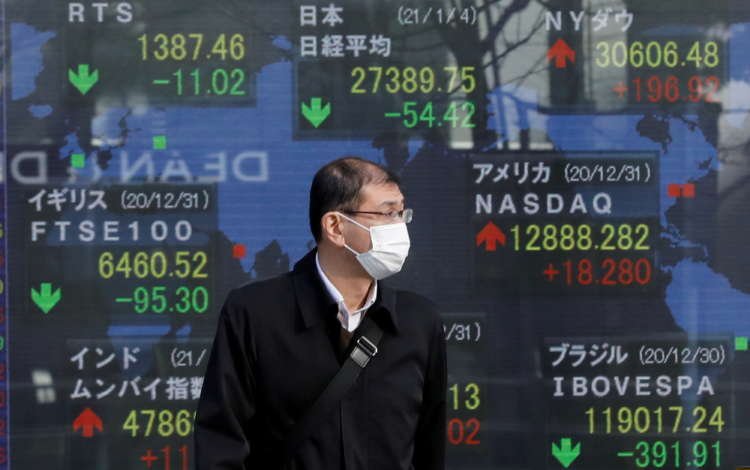Investing
Asia shares spooked by U.S. inflation scare, hope for Fed calm
Published by linker 5
Posted on May 13, 2021
1 min readLast updated: January 21, 2026

Published by linker 5
Posted on May 13, 2021
1 min readLast updated: January 21, 2026

Explore more articles in the Investing category











